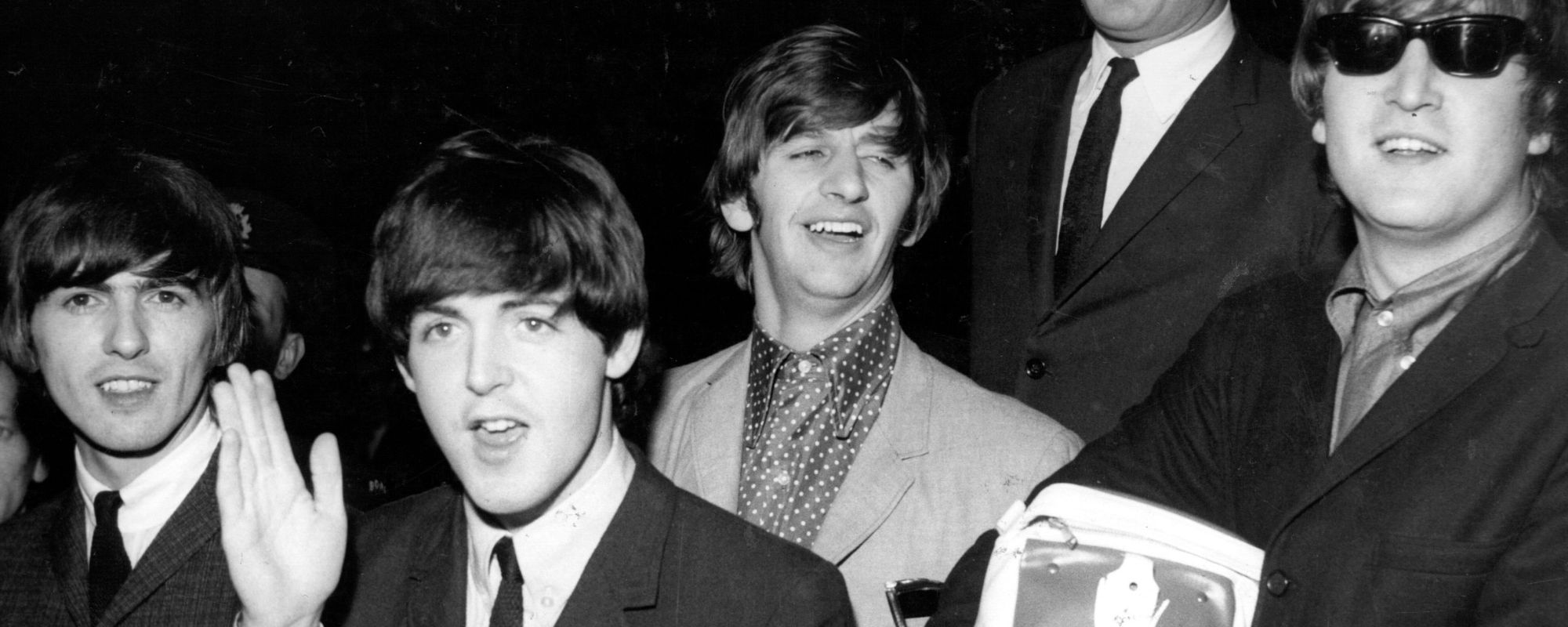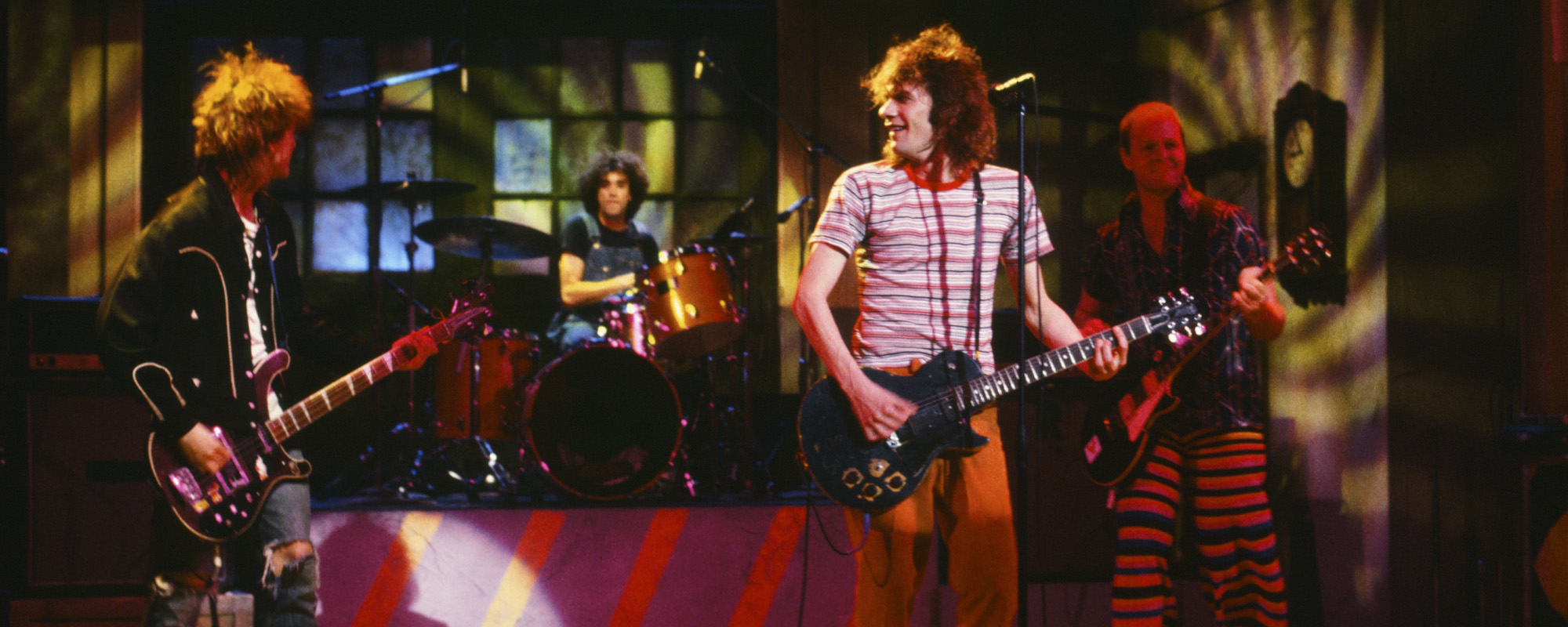Write what you know, that’s what our teachers always told us. Paul Westerberg understood the neighborhood bar scene very well, in large part because he and his band The Replacements often frequented such establishments in their native Minneapolis.
Videos by American Songwriter
It’s one thing to know the ins and outs of these places, but it’s another to get inside the people who populate them. That’s what Westerberg managed to do on the 1985 song “Here Comes a Regular,” which makes it one of the most haunting songs of its kind ever written.
“Regular” Chaos
Unlike other bands who managed to make their way from the alternative music underground to become mainstream smashes, The Replacements could never quite make that leap. This despite the critics fawning over practically every aspect of their music, from the shambolic, raucous backing music to Paul Westerberg’s brilliantly lived-in lyrics.
Their 1985 album Tim should have been the record that turned them on to the public at large. It was the first they recorded for a major label. And it was produced by Tommy Erdelyi, whose status as a member of The Ramones, a band of similar spirit to the Mats, should have made it all a perfect fit.
Alas, the record was marred by an uneven mix. And the mainstream still stayed away, despite Westerberg having written his most diverse set of songs. The tumbling rockers were still in place, but there were also notable changes of pace and style throughout.
Case in point: “Here Comes a Regular,” the heartrending acoustic ballad tucked in at the end of the album. The song originated from Westerberg’s reflections on the CC Club, a watering hole that became a kind of home away from the studio and the road for this notoriously fractious band.
Examining the Lyrics of “Here Comes a Regular”
Westerberg manages to capture both the camaraderie of a local bar and the inherent loneliness of spending time in such a place. The narrator seems to understand he’s not doing himself any favors being there all the time. He asks, Am I the only one who feels ashamed?
But he also can’t seem to pull himself away. The emptiness and ennui of his daytime seems to push him to the bar at night: Well, a person can work up a mean, mean thirst / After a hard day of nothin’ much at all. The seasons pass before his eyes, but it all blends into drudgery because of all the time he spends inside the walls of the tavern.
The prechorus suggests the bit of companionship and recognition he gains from coming to this place sustains him a bit: And everybody wants to be special here / They call your name out loud and clear. Of course, he might not have anywhere else to go: I used to live at home, now I stay at the house.
The narrator can see his future in old Sad Eyes, the guy on the stool next to him spouting beer-soaked wisdom: Opportunity knocks once, then the door slams shut. In the final moments of the song, his world becomes a blur of ever-changing nature and the never-changing scenes in the bar: First the glass, then the leaves that last, then comes the snow / Ain’t much to rake anyway in the fall.
There’s something damning about the fact he can be called a regular at this place, because he doesn’t seem to be all that charitable in his descriptions of the other patrons. “Here Comes a Regular” is clear-eyed about the soul-crushing bar scene it depicts, as told by a narrator who can describe it so well because he can’t pull himself away from the place.
Photo by Alan Singer/NBCU Photo Bank/NBCUniversal via Getty Images












Leave a Reply
Only members can comment. Become a member. Already a member? Log in.